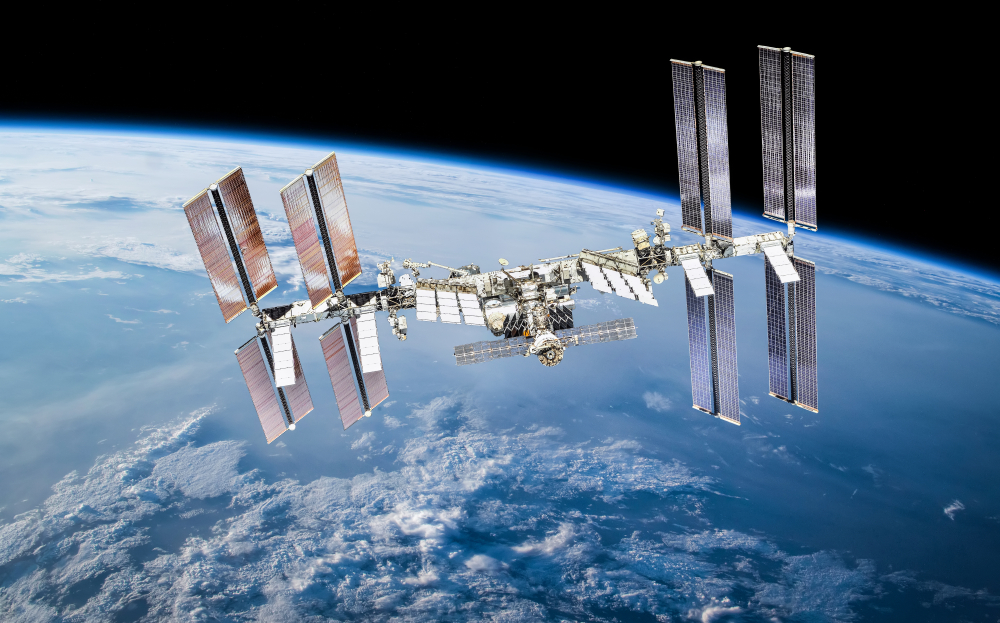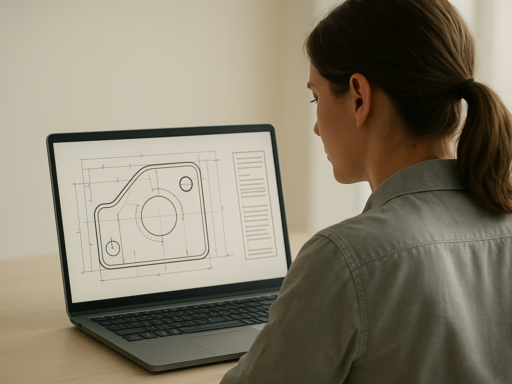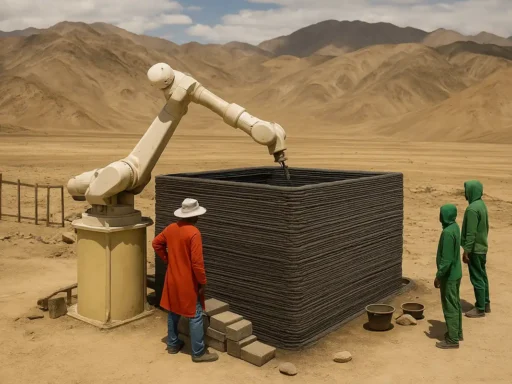In a pioneering collaboration, the AstroCardia project plans to send a 3D bioprinted ‘heart-on-a-chip’ to the ISS by 2025 to study cardiac aging. The consortium includes Space Applications Services, SCK CEN, QbD Group, BIO INX, and Antleron. Hilde Stenuit from Space Applications says space’s unique conditions serve as a “time accelerator” for aging, providing a unique vantage point for cardiac research. The project will be a remotely-managed, automated platform.
Dr. Kevin Tabury of SCK CEN noted that the mini heart closely mimics human hearts, offering new avenues to study cardiovascular diseases. The endeavor benefits both heart patients and astronauts exposed to extreme space conditions.
The heart-on-a-chip aims to set new standards in cardiac research. Metrics from the six-week ISS mission will be monitored in real time and analyzed comprehensively upon its return to Earth. Despite limitations like potential selection bias, the team remains optimistic about the data’s groundbreaking potential.
MartijnReniers, CIO at QbD, highlights the project’s societal impact: “This isn’t just cutting-edge science; it’s about addressing tomorrow’s healthcare challenges today.”
As the AstroCardia project charts an audacious path through interdisciplinary collaboration, it stands as an exemplar for how innovative technologies like 3D bioprinting and space research can jointly propel us into a new frontier of medical research and healthcare solutions.





